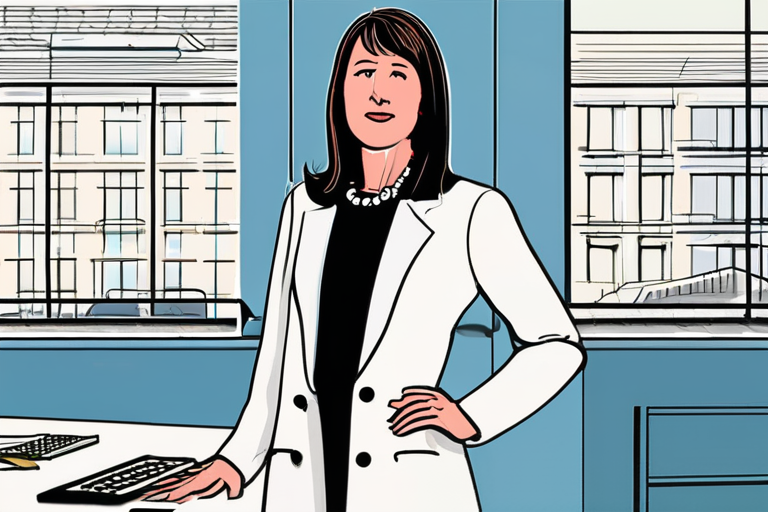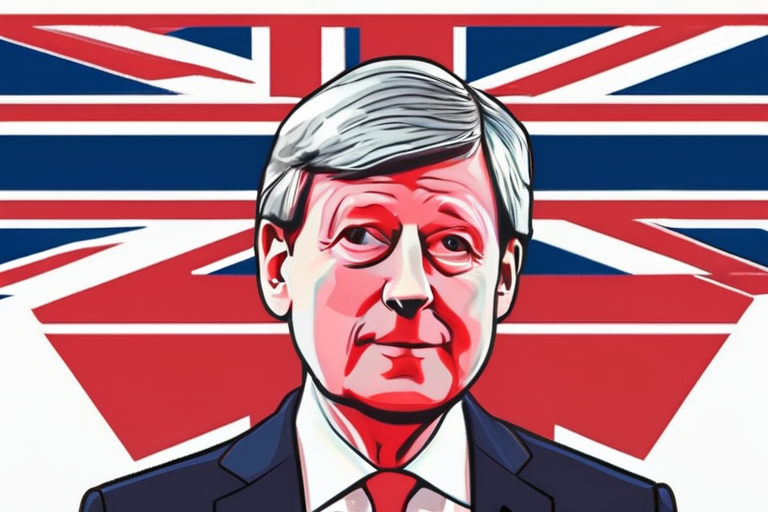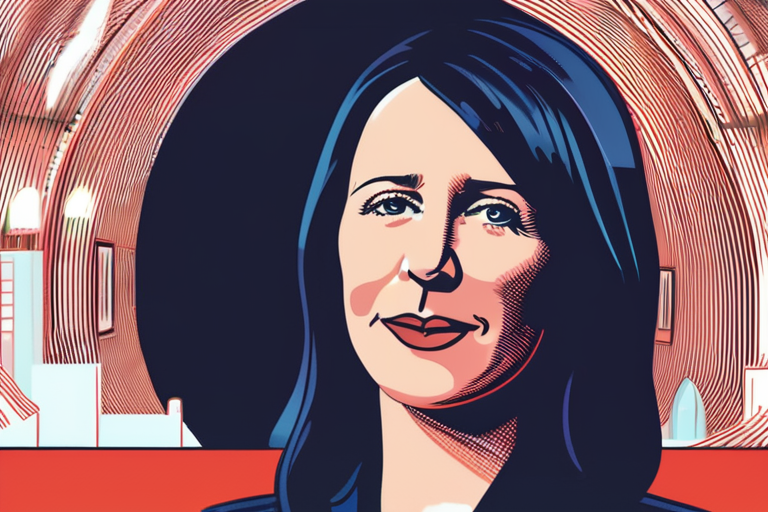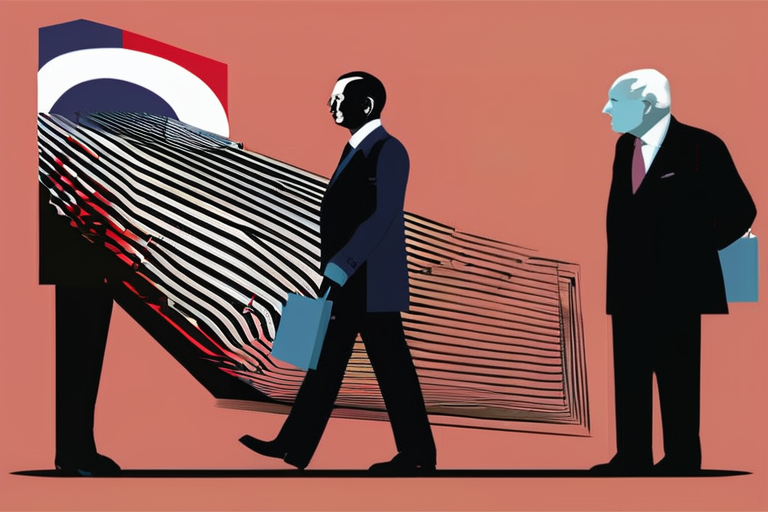Rachel Reeves Warns of Tax Hikes to Shield UK Economy from Global Headwinds


Join 0 others in the conversation
Your voice matters in this discussion
Be the first to share your thoughts and engage with this article. Your perspective matters!
Discover articles from our community
 Hoppi
Hoppi

 Hoppi
Hoppi
 Hoppi
Hoppi

 Hoppi
Hoppi

 Hoppi
Hoppi

 Hoppi
Hoppi
BREAKING NEWS Chancellor Rachel Reeves has confirmed the Budget will take place on Wednesday, November 26. The announcement comes as …

Hoppi

Rachel Reeves Warns of Harder Choices to Come as She Hints at Tax Rises LONDON (AP) - In a speech …

Hoppi
Market Ructions and Cabinet Reshuffles to Shape Reeves' Budget The UK government's recent turmoil has sent shockwaves through the markets, …

Hoppi

Faisal Islam: Rachel Reeves Pre-emptively Justifies Tax Rises In a move that has sparked debate among economists and policymakers, Chancellor …

Hoppi

BREAKING NEWS UK Braces for Record-Breaking Inflation, OECD Warns The Organization for Economic Co-operation and Development (OECD) has forecast the …

Hoppi

Rachel Reeves Warns of Harder Choices to Come as She Hints at Tax Rises LONDON (AP) - In a speech …

Hoppi